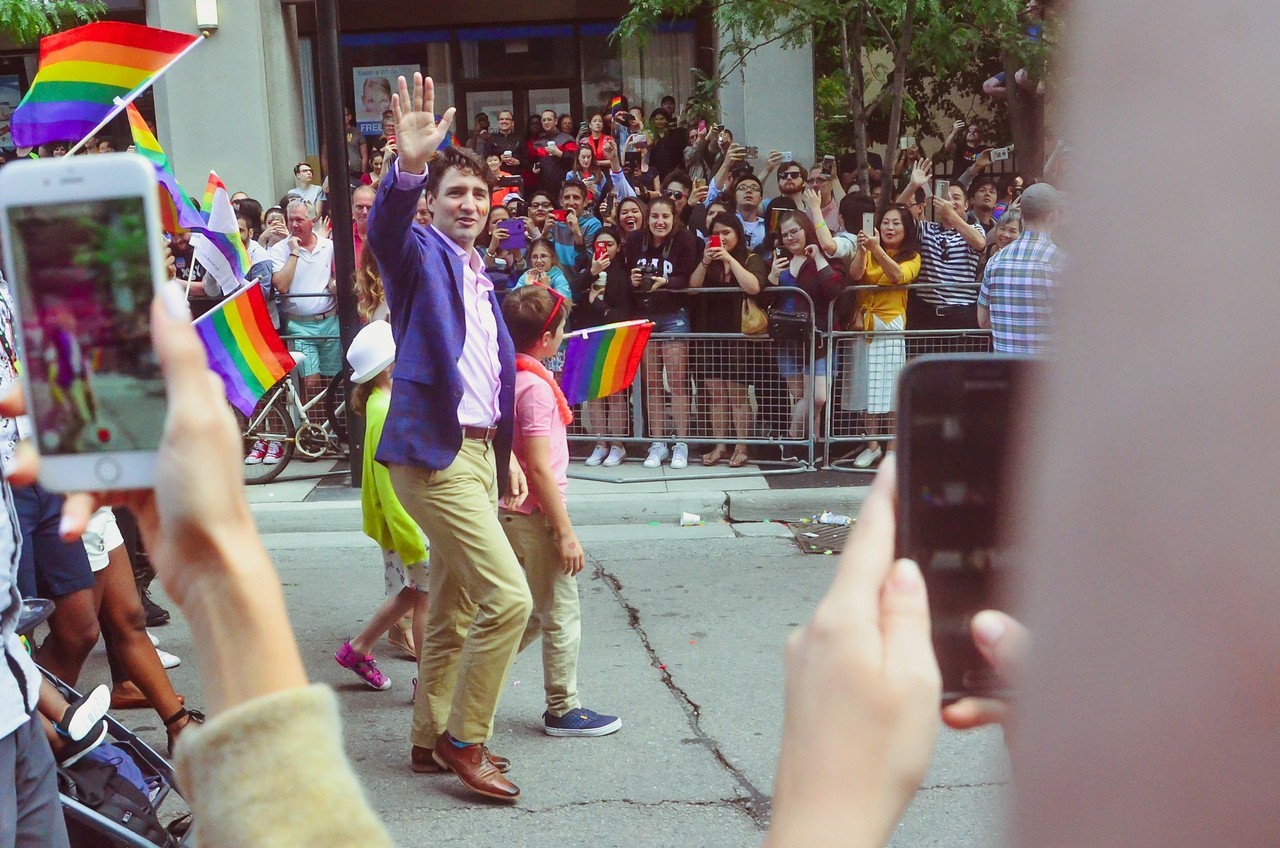Justin Trudeau to Resign as Prime Minister After Liberal Leadership Race
In a historic announcement that has sent shockwaves through Canadian politics, Prime Minister Justin Trudeau revealed on Monday morning that he will step down as both Prime Minister and leader of the Liberal Party once a new leader is selected. The announcement marks the end of Trudeau’s nearly decade-long tenure as the head of government.
Trudeau stated that Governor General Mary Simon has approved his request to prorogue Parliament until March 24, 2025, allowing time for the Liberal Party to hold a leadership contest and ensure a smooth transition.
A Divisive Legacy
Trudeau’s resignation comes after months of mounting political pressure amid declining public approval ratings. Once celebrated as a progressive champion on the global stage, Trudeau's leadership has faced significant criticism in recent years due to the housing crisis, rising inflation, and controversy surrounding his government’s pandemic policies.
Political analysts point to growing discontent within the Liberal Party as a driving factor behind Trudeau’s decision to step down. “The writing was on the wall for some time,” said political commentator Dana Clark. “The combination of domestic challenges and internal party unrest made this moment inevitable.”
Reactions Across the Political Spectrum
The announcement has elicited a wide range of reactions from political leaders and the public alike. Opposition Leader Pierre Poilievre called Trudeau’s resignation “a long-overdue turning point for Canada,” while NDP Leader Jagmeet Singh emphasized the need for a government that prioritizes affordability and social justice.
Internationally, the news has also garnered attention. U.S. President-elect Donald Trump made headlines after taking credit for Trudeau’s resignation, even suggesting a controversial Canada-U.S. merger. Trump’s remarks have sparked concern among Canadian diplomats and business leaders, who worry about the potential impact on cross-border relations.
A Divided Public Response
Public sentiment on Trudeau’s departure is varied. In Alberta, where anti-Trudeau sentiment has historically run high, many residents expressed satisfaction with his decision. “It’s about time,” said Calgary resident Alex Thompson. Meanwhile, supporters in Quebec and parts of Atlantic Canada voiced disappointment, praising Trudeau’s leadership on climate action and LGBTQ+ rights.
What Happens Next?
The Liberal Party now faces a critical period as it prepares for a leadership race that will shape its future direction. Speculation is already swirling about potential contenders, with Deputy Prime Minister Chrystia Freeland, Finance Minister Anita Anand, and former Bank of Canada Governor Mark Carney among the names being floated.
Parliament’s prorogation until March 24 has also sparked debate, with critics accusing the Liberals of avoiding accountability during a pivotal time. However, party officials argue that the pause is necessary to facilitate a fair leadership process.
Looking Ahead
As Trudeau prepares to leave office, he reflected on his legacy and the future of Canada. “I’m incredibly proud of what we’ve accomplished,” Trudeau said in his farewell address. “But it’s time for new leadership to guide Canada through the challenges ahead.”
The coming months will not only determine the future of the Liberal Party but will also reshape the political landscape as Canada approaches the next federal election. For now, Canadians remain divided over Trudeau’s legacy, but united in anticipation of what comes next.






0 Comments